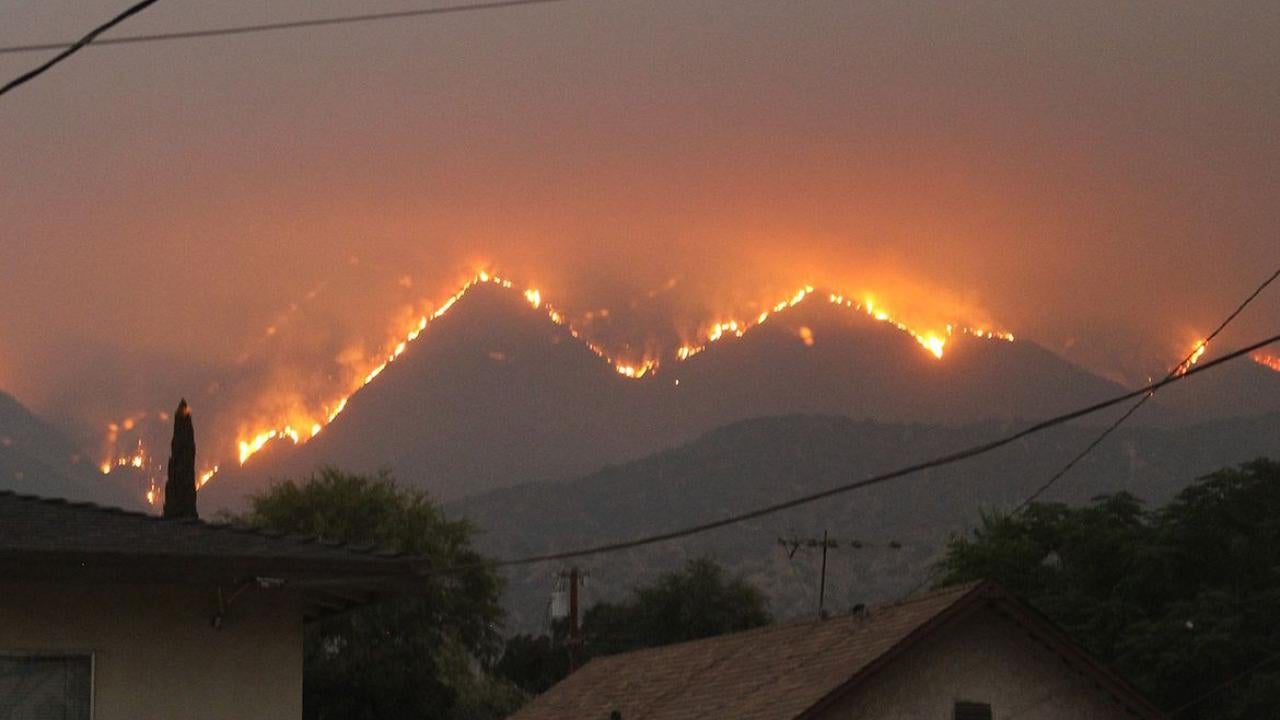To better inform the debate on the causes behind the worsening wildfires across California and the western United States, wildfire experts from 15 universities, research institutes and government agencies authored a paper that synthesizes the latest research on wildfires and their causes. The paper’s authors examined climate data, land cover changes, historical land management, fire suppression, and changing environments and ecosystems.
While contributing factors to the worsening wildfire situation can vary across regions and ecosystems, climate change is an overarching force that affects all areas, said Glen MacDonald, a UCLA distinguished professor of geography and the paper’s lead author. It increases what is known as the vapor pressure deficit — the difference between how much moisture is in the air versus how much it can hold.
“We’re getting hotter, drier air that makes fires easier to start,” MacDonald said. “It makes the fuel much drier and the fires spread faster. They’re more intense, and they're more difficult to fight.”
Mitigating and managing wildfires in the future will require better-tailored approaches that account for environmental complexity, MacDonald said. While some political leaders have argued that governmental overprotection of forests has been the primary cause of worsening fires, the reality is more nuanced. Increased logging and clearing trees may help in some locations. But in other places, evidence suggests it can lead to worse fires. For instance, opening the tree canopy allows sunlight to dry vegetation, MacDonald said, increasing the amount of dry plant matter that feeds wildfires.
Implementing thoughtful and informed ways to reduce the severity of wildfires at a local and regional level will take more than a few years, he said. And with climate change continuing to change landscapes and worsen the problem, it may be time to reimagine how we coexist with wildfires.
Read more at UCLA Newsroom.
Image Source: Eddiem360/Wikimedia Commons





